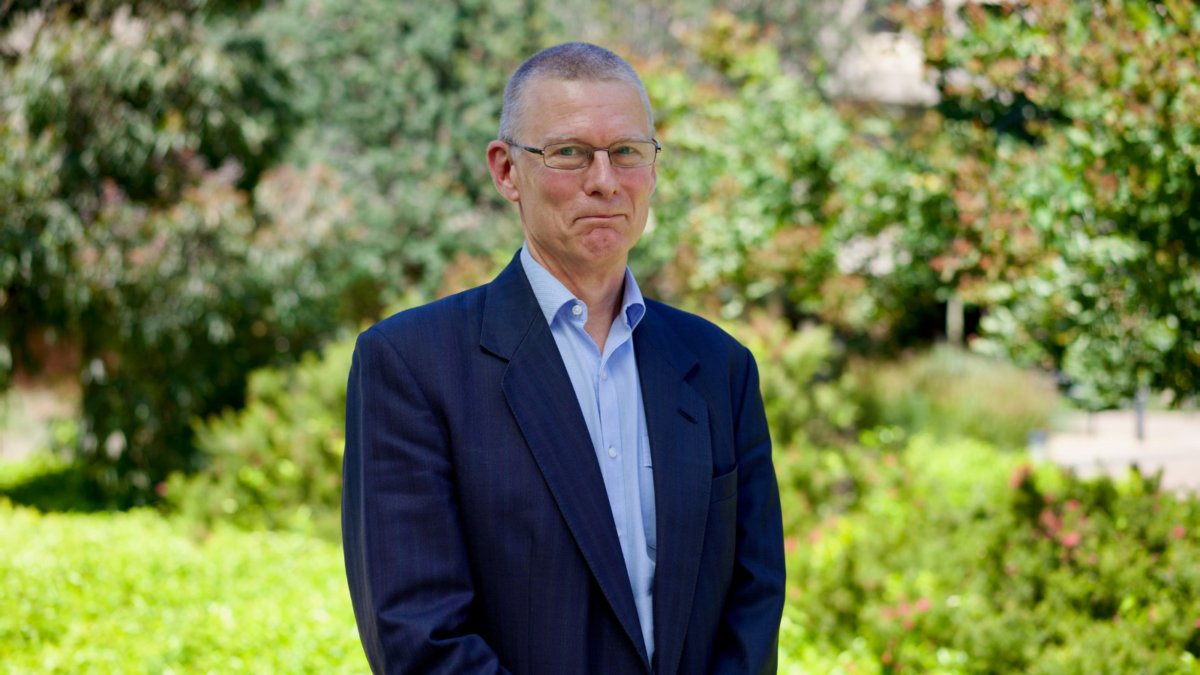‘Lots of debate and gnashing of teeth’ awaits super’s objective
The Albanese Government will enshrine the objective of superannuation in legislation in an attempt to prevent future governments from cracking open the retirement savings piggybank and give the industry regulatory certainty. The proposed objective, announced in a Treasury consultation on Monday (February 20), reads: “The objective of superannuation is to preserve savings to deliver income for a dignified retirement, alongside government support, in an equitable and sustainable way”.
“We’ll move to end the super wars once and for all, and make sure that future changes to the system are compatible with its very objective,” treasurer Jim Chalmers said on Monday (February 20). “Doing that requires that we embed super’s purpose into law. Some of the most disastrous policy proposals we’ve seen in recent years… have come about because our predecessors were navigating the super landscape without a compass.”
“This made us vulnerable to wrong turns and wrong decisions. It moved us further away from where we need to be – better living standards in retirement for as many Australians as possible. Legislating super’s objective will change that because for the first time we’ll have a true north – a shared goal that we can work towards together.”
The proposed objective has been welcomed by the superannuation industry, with HESTA CEO Debby Blakey calling it “a real fork in the road for our super system” and Australian Retirement Trust CEO Bernard Reilly saying “All the features of our superannuation system… should be about making our superannuation system more equitable and sustainable”. The rest of the official communications are much the same.
But others worry that the inclusion of words like dignified, equitable and sustainable in the proposed objective is “a bit woolly” and could see it become bogged down in the same semantic debate that crippled earlier efforts at legislating an objective for super.
“What it has is not only a purpose but all these other things you should achieve,” says Geoff Warren (pictured), superannuation researcher and associate professor at ANU. “That’s where all the soft stuff comes in and the political angst comes in. You’ve got lumped on top (of the income component) the preservation of savings, dignified retirement, and it’s got equitable and sustainable. It’s hard to know what they are and what they mean, which opens it up for lots of discussion and lots of debate and gnashing of teeth.”
“If you had simply that the purpose of super was to create income, it deals with a lot of the issues like early release. If it’s there to provide income in retirement than we shouldn’t release it early. It shouldn’t be used for bequests; it shouldn’t be used for tax minimisation. Nobody would argue with any of that – but once you’re arguing about a dignified retirement you’re on shaky ground.”
What brought down the previous attempts to legislate the objective of super under Malcolm Turnbull was technically the inverse of this; a relatively simple super objective, proposed by David Murray’s Financial System Inquiry – “to provide income in retirement to substitute or supplement the age pension” – facing pushback from the industry for not containing “aspirational” elements like comfort and adequacy.
Treasury has acknowledged that there will likely be robust discussions about the proposed wording. Its consultation paper says that “dignified” denotes the importance of financial security and wellbeing but recognises that “this does not necessarily equate to the same level off income in retirement for all Australians”. “Dignified” is instead a qualitative measure that will require “reinterpretation” and which could change over time to reflect society’s standards.
David Knox, senior partner at Mercer, says that the inclusion of words like “equitable and sustainable” provide a policy framework for future developments and that the government has done “a good job on the first draft”.
“I think it’s good to see a focus on income in retirement, that’s a tick,” Knox says. “I think our major suggestion will be that we shouldn’t call it an objective, we should call it the purpose of super. Purpose is a more visionary development; objective is fairly narrow. The goal for each individual and household will be different.”
“I think dignified is better than adequate or comfortable. Dignified is more about respect, rather than a number. I think that’s better – it’s not perfect. We’re pleased to have the word dignified in there, because people in retirement need to be respected, whether you’re a low or high income earner. You need to be able to maintain your living standards and if you can do that then you have a dignified retirement.”
David Bell, head of the Conexus Institute, says that “explicit acknowledgement of the preservation aspect of superannuation is a fundamental part of the objective”. But while acknowledging that “subjective words can be difficult to work with and provide policy flexibility to governments of the day” he notes that there is precedent for the inclusion of equitable and sustainable.
Both are lifted from the Retirement Income Review’s (RIR) proposed objective for the whole retirement income system, which reads: “to deliver adequate standards of living in retirement in an equitable, sustainable and cohesive way”. Still, the RIR itself acknowledged that the inclusion of “dignified” could potentially see an “excessive reduction in the standard of living for many people in their working lives”.
“One concern was that in absence of an objective for the retirement income system it would be difficult to define an objective for superannuation,” Bell said. “But they have managed to navigate this to the point where the objective of super now implies an objective of broader retirement income policy.”











